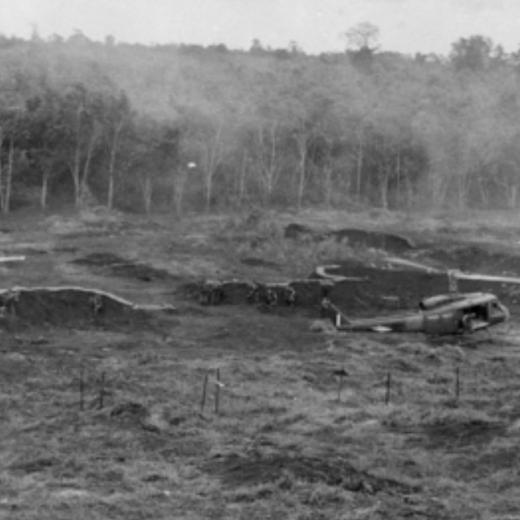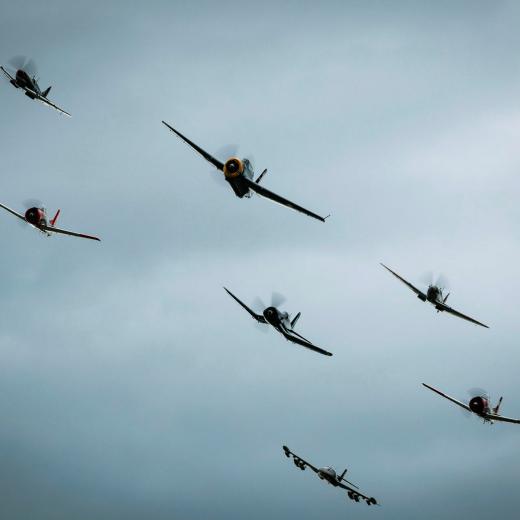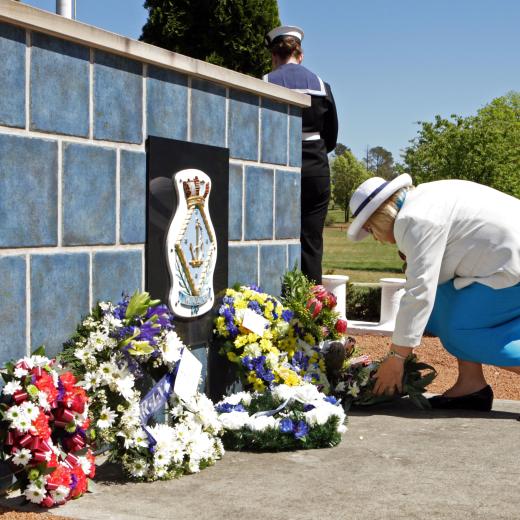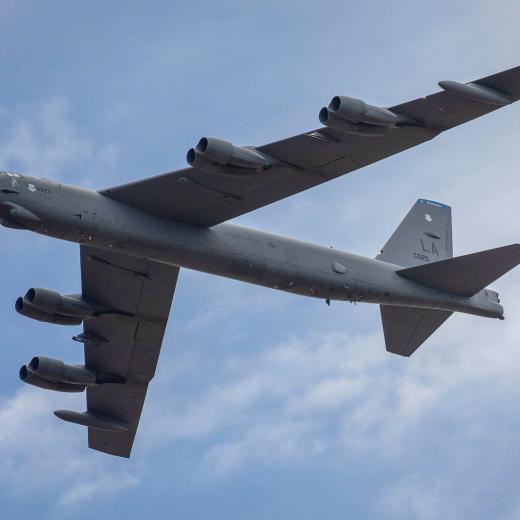BLUF
In the Russo-Japanese War of 1904-1905, Japan defeated Russia paving the way for its expansion into Korea and Chinese Manchuria.Summary
This article by Siobhan Peeling from 1914-1918 Online makes the following points:
- Japan and Russia were competing for territory in a weakened China.
- Japan was rapidly, modernising its economy and its military forces.
- Japan won the 1894-5 Sino-Japanese War.
- Russia was building a railway on Chinese territory, worrying Japan.
- The 1902 Anglo – Japanese treaty effectively meant that Russia could not expect any help from the UK.
- In February 1904, Japan launched a surprise attack on Russian warships at (Port Arthur and Inchon in Korea).
- A mine sunk the Russian flagship Petropavlovsk in the harbour, and most of the Russian Fleet destroying.
- Russian naval reinforcements were sent from the Baltic Sea but defeated at the Battle of Tsushima.
- Various land battles culminated in the Battle of Mukden, where both sides lost almost a third of their forces.
- Japanese forces were exhausted.
- Russia faced domestic unrest, so it ceded Manchuria to Japan as part of a peace treaty.
- Japan was now regarded as a potential Great Power.
References
- MILITARY HISTORY: INDEX of PAGES AND COLLECTIONS ON THE RAAF RUNWAY | The Runway (airforce.gov.au)
- FALL 2008 The Russo-Japanese War and World History | Association for Asian Studies
- JUL 2019 The Russo- Japanese War | Alpha History
- MAY 2015 The Russo Japanese War | History Learning Site
- The Treaty of Portsmouth and the Russo-Japanese War, 1904–1905 | Office of the Historian
Source Information: 1914-1918-Online. International Encyclopedia of the First World War (WW1)
- Article Source: 1914-1918-Online. International Encyclopedia of the First World War (WW1)
- Media Check: Call for Papers | 1914-1918-Online. International Encyclopedia of the First World War (WW1)
- RAAF RUNWAY: RATIONALE, GUIDELINES, LEARNING OUTCOMES, ETC |





